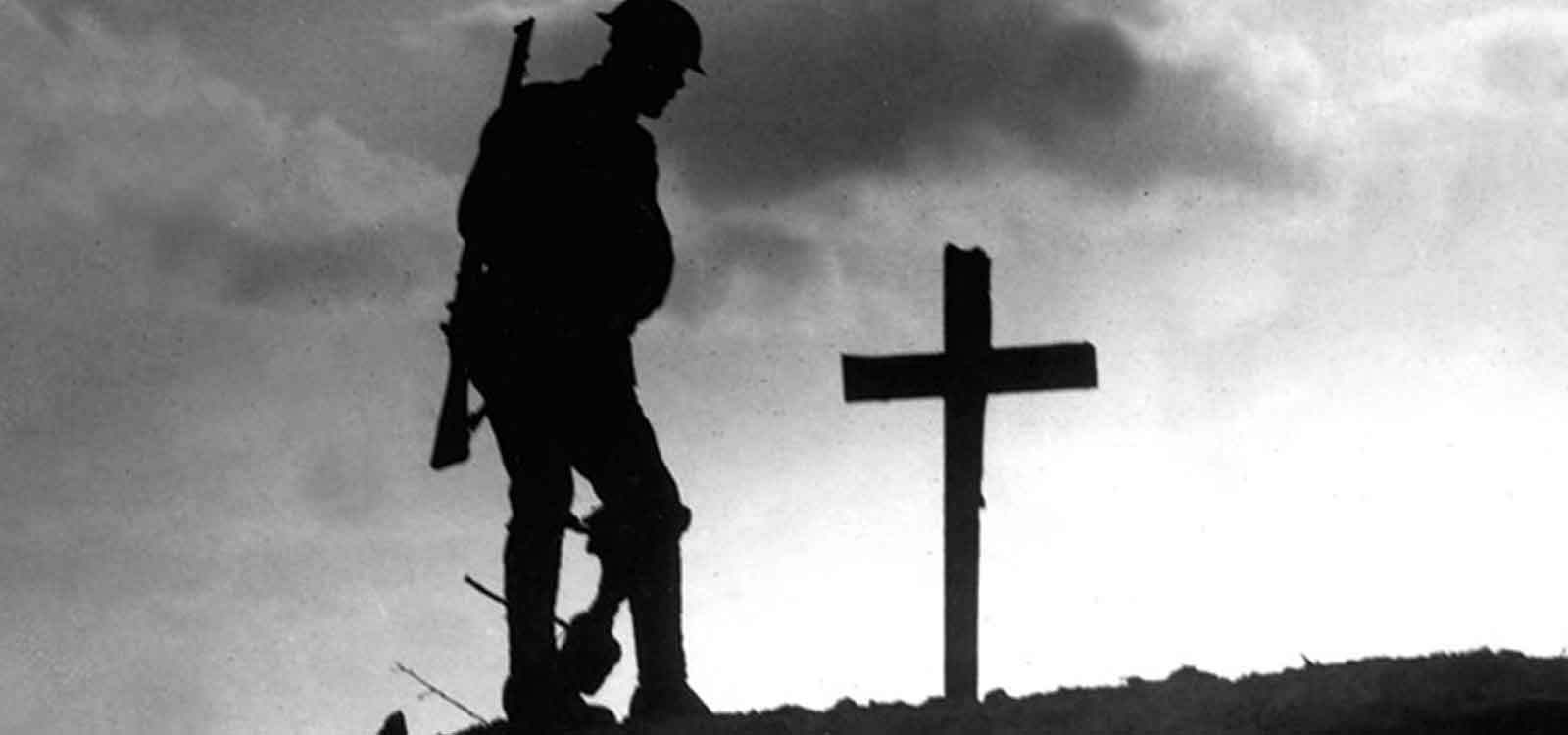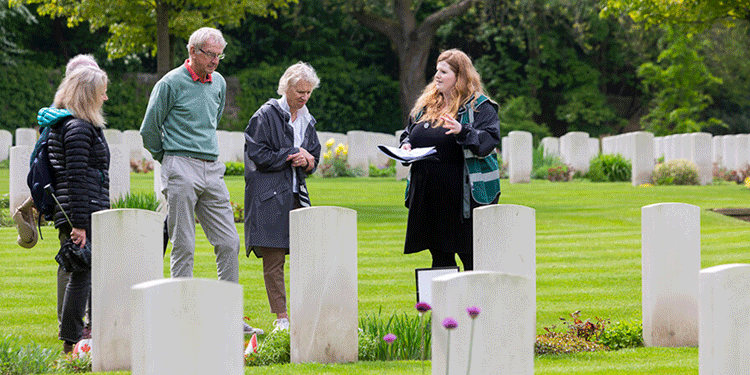
Private 9555 Willie Elijah Tshabana of “C” Company, South African Native Labour Corps, was the son of Ghobogi Tshabana and Mtania Hlongilwa and husband of Sarah Tshabana of Pinetown, Natal, South Africa.
He died on the 21st of February 1917. His body was washed ashore at Birling Gap.
The Coroners’ report concluded that there was no evidence as to the cause of him going missing from the transport Mendi in February which, considering the facts, seems odd, and begs the question as to whether certain facts were being withheld.
He is buried at East Dean (St Simon and St Jude) East Sussex.
The loss of the Steam Ship Mendi
The Mendi departed from Cape Town on the 25th of January 1917 with 823 men of the 5th Battalion, South African Native Labour Corps.
En-route, the ship stopped at three ports to take on supplies and to deliver cargo, with the last stop being Plymouth on the 19th of February.
The following day the ship set out for the final leg of her journey to France, escorted by the destroyer HMS Brisk. When south of the Isle of Wight, the ships met with thick fog and just after midnight on the 21st they were forced to slow down almost to a stop.
At 04.57am, when about eleven miles south of St Catherine’s Point, the Mendi was struck by the much larger mail ship SS Darro; this ship was still travelling at high speed and was not sounding any warning, thereby considerably increasing the risk of collision.
Striking the Mendi amidships, where many men were asleep, the fate of the ship was sealed and it rapidly began to list to starboard to such an extent that the lifeboats on that side could not be used.
The Darro offered no assistance to the ship, although the escorting destroyer and other ships did come to the rescue.
Within twenty minutes, the Mendi had sunk, taking six hundred and fifty men with her, making the disaster one of the worst to occur in British waters.
The Mendi disaster gave its name to South Africa’s highest award for bravery – The Order of the Mendi Decoration for Bravery.
There are a number of memorials to the sinking, one of which is in the Delville Wood Museum, on the Somme, a place of great South African sacrifice.
For the record, East Dean also has the graves of two unidentified sailors of the Second World War

